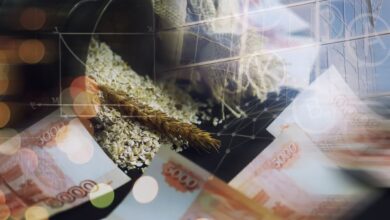Berkshire Hathaway’s Dividend Policy: Exploring Potential Changes

$BRK-B
Berkshire Hathaway (NYSE: BRK.B), a conglomerate with a market value exceeding $1 trillion, is at a strategic turning point under Warren Buffett’s leadership. Traditionally, the company has focused on acquiring firms with strong competitive advantages and investing in high-value stocks such as Apple, rather than paying dividends. This approach aligns with Buffett’s belief that reinvesting capital can yield greater long-term benefits than distributing it through dividends.
Historically, Berkshire Hathaway has not paid dividends, following Buffett’s philosophy that reinvestment offers more substantial value over time. The company’s only dividend payout in 1967 is now viewed by Buffett as a misstep, reinforcing the preference for capital reinvestment.
Recent developments suggest that Berkshire Hathaway may be reconsidering its stance on dividends. The company’s cash reserves have grown to $277 billion, partly due to significant stock sales, including a reduction in its Apple holdings. This increase in liquidity comes as Buffett acknowledges fewer opportunities for large-scale acquisitions due to the company’s size.
With Buffett, now 94 years old, potentially passing leadership to Greg Abel, there is speculation about a possible shift toward dividend payments. The company’s performance, which has tracked the S&P 500 over the past decade, and recent share buybacks could indicate a move towards more direct returns for shareholders. Introducing dividends could provide shareholders with the flexibility to reinvest according to their preferences.
**DISCLAIMER: THIS CONTENT IS FOR INFORMATIONAL PURPOSES ONLY AND SHOULD NOT BE INTERPRETED AS INVESTMENT ADVICE. INVESTING INVOLVES RISK, INCLUDING THE POTENTIAL LOSS OF PRINCIPAL. READERS ARE ENCOURAGED TO CONDUCT THEIR OWN RESEARCH AND CONSULT WITH A QUALIFIED FINANCIAL ADVISOR BEFORE MAKING ANY INVESTMENT DECISIONS.**



